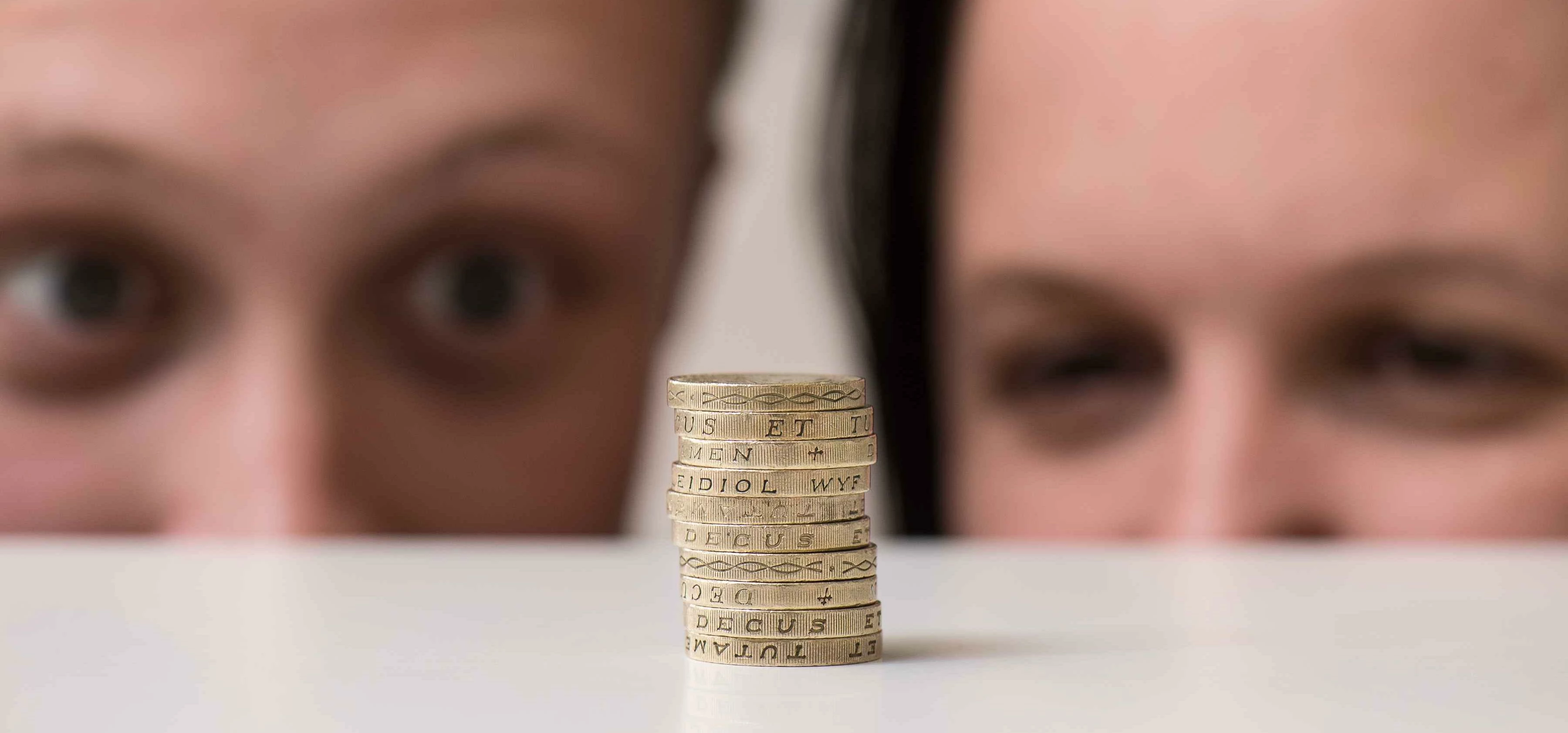
Partner Article
Make 2017 the year for your bank balance
Following weight loss, reading more and learning a new skill - saving money was the fourth most popular New Year’s resolution for 2017 according to research conducted by Twitter.
From saving for a first home, to eliminating looming credit card debt, thousands of people across the UK have already begun to ditch the store-bought coffees, takeaways and cigarettes in hope of a life ‘in the black’ in a few months time.
At this time of year, when the January pay packet seems so far away, the thought of putting money aside to get rid of your existing debts may seem impossible. However, cutting back on life’s luxuries isn’t the only way to eliminate debt and save money according to a national free debt advice provider.
Here, Jane Clack, a debt adviser at PayPlan, who has previously been in debt herself, gives her top five tips for managing finances in 2017:
Be strategic to reduce credit card balances
If you’re facing credit card debt - don’t worry you’re not alone. In November 2016, Brits had a total of more than £66 billion of credit card debt outstanding and this looks set to grow further in the coming months.
Focus on paying off those credit cards with the highest levels of interest first. For example, if you owe £2,000 on one card charging 21% APR and another £2,000 on one charging 13%, concentrate on paying as much as you can to the account charging 21%. Clear the debt from your most costly card first before moving onto the next most expensive and continue to do this until you are all clear.
However, make sure you continue to pay the minimum payment on the cheaper account throughout – missed payments can damage your credit rating and often results in extra fees!
Set up a budget
My best tip for setting up a budget is to take a look back at your outgoings for the previous month to see how much you can comfortably afford to save.
At the start of a new month, draw out the cash you need and aim to keep away from the card, when the cash is gone, it’s gone. Using this technique will help you to realise the value of money and physically witnessing the money leaving your wallet will make you think twice about unnecessary purchases.
Use a tracker app to monitor your spending
If you have access to a smartphone or tablet, a tracking app can be a great way of examining your spending habits. A warning to those prone to a daily trip to the coffee shop - you may in for a bit of a surprise!
Lots of free apps are available to download and track your spending each week or month, which can then be easily exported to format your next budget or saving goal.
Don’t be scared to check your bank balance
The most accurate way to keep track of your finances is to keep tabs on the balance of your various accounts. Last year a third of young people admitted they were too scared to check their bank balances, preferring to hideaway from their personal finance struggles.
This ‘ostrich approach’ must not be taken when it comes to your spending habits. Most banks now offer services such as text alerts with bank balance updates, which I highly recommend signing up for.
Inspect your energy bills
Switching your energy provider can be a simple way of bringing down your household bills. The majority of UK households are on standard variable rate (SVR) energy tariffs, which are often the most expensive option on the market. You could potentially save hundreds of pounds per year by making a couple of quick phone calls.
Use a money comparison website to see what alternative rates are available from your current provider, or with other suppliers. Making the switch is usually free, though you will need to settle up what you owe with your existing provider.
For free debt advice, visit www.payplan.com or call or call 0207 760 8976.
This was posted in Bdaily's Members' News section by James Watkins .
Enjoy the read? Get Bdaily delivered.
Sign up to receive our popular morning National email for free.








 Raising the bar to boost North East growth
Raising the bar to boost North East growth
 Navigating the messy middle of business growth
Navigating the messy middle of business growth
 We must make it easier to hire young people
We must make it easier to hire young people
 Why community-based care is key to NHS' future
Why community-based care is key to NHS' future
 Culture, confidence and creativity in the North East
Culture, confidence and creativity in the North East
 Putting in the groundwork to boost skills
Putting in the groundwork to boost skills
 £100,000 milestone drives forward STEM work
£100,000 milestone drives forward STEM work
 Restoring confidence for the economic road ahead
Restoring confidence for the economic road ahead
 Ready to scale? Buy-and-build offers opportunity
Ready to scale? Buy-and-build offers opportunity
 When will our regional economy grow?
When will our regional economy grow?
 Creating a thriving North East construction sector
Creating a thriving North East construction sector
 Why investors are still backing the North East
Why investors are still backing the North East